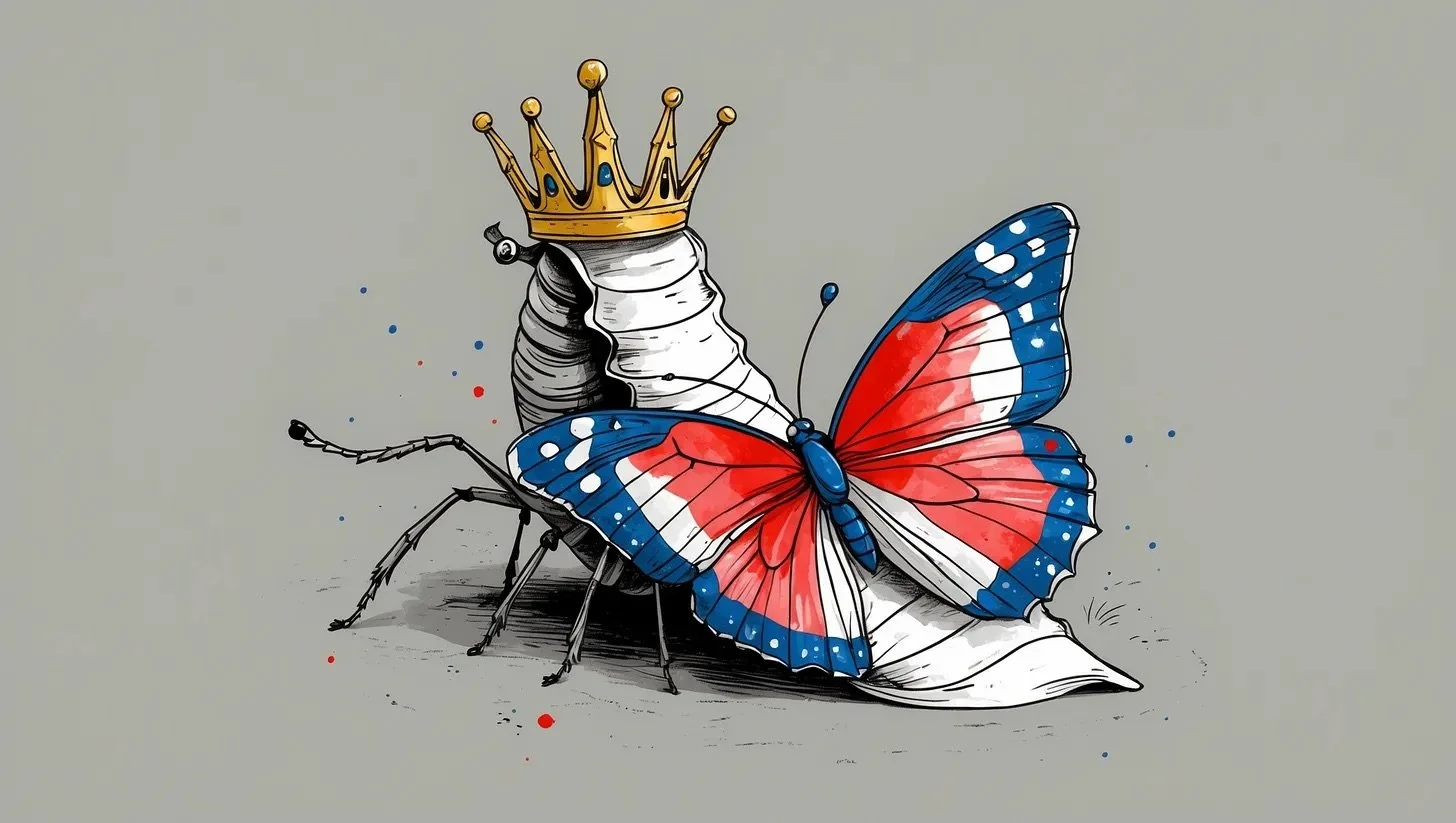The Rooster In Flight - A Substack Article
A Mutation of Power and Why Christians Should Care
An essay on the Rise of America’s CEO Monarchy
By: Wynand Johannes de Kock
March 8, 2025
In recent days, America and the world have witnessed the emergence of a new form of power—not the traditional monarchy with its pomp and circumstance, but something far more insidious: the rise of the CEO-Monarchy. This new kind of presidency wields authority with diminished accountability, greater absolutism, and, ultimately, beyond the reach of courts, Congress, or even the will of the people. The government's system of checks and balances, once the foundation of American democracy, now teeters on the edge of becoming a regime where executive power reigns supreme, unchecked by any branch of government, the church, or the public. This profound mutation should give us pause, leading to deep reflection on the nature of power, the role of the state, and our responsibilities as citizens and as the people of God.
Throughout history, human beings have demonstrated a deep-seated fascination with powerful leaders. This fascination extends beyond just crowned monarchs to encompass strongmen, emperors, and modern-day autocrats who promise order and security in exchange for our allegiance. From the Pharaohs of ancient Egypt to the Caesars of Rome, and even to the autocratic rulers of our own time, our hearts seem drawn to hierarchical structures. We long for someone who can rise above the chaos and assure us with confidence, "I've got this." This urge to place our trust in a strongman figure, rather than in the collaborative stewardship that God intended, reveals a deep brokenness within the human condition. This brokenness has echoed through the generations, shaping the course of history and the nature of power.
This mutation should profoundly matter to Christians. As the people of God, we cannot afford to ignore…
Interested in completing the article? Follow Wynand on Substack